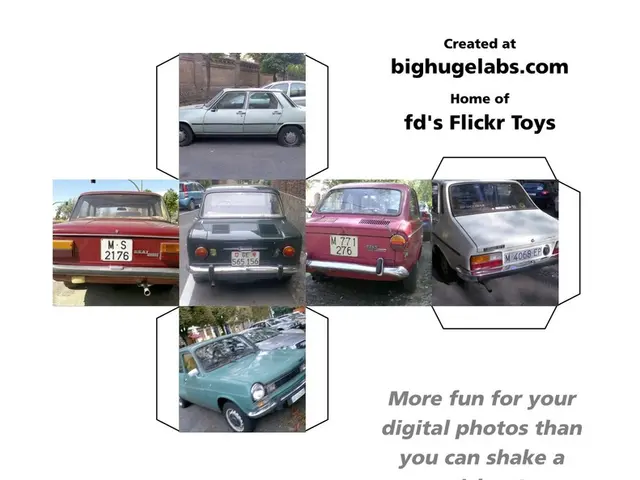Virtual Gigs Set to Rule Music Sphere: Is This the New Norm?
In the wake of the Covid-19 pandemic, virtual concerts have emerged as a novel trend in the music industry, shaking up traditional practices. These music performances can be streamed from anywhere, providing a realistic concert experience to viewers despite their location.
The set-up for a virtual concert can vary significantly, ranging from a concert hall to a home studio, each equipped with high-end microphones, multiple cameras, and sufficient lighting to deliver high-definition quality. To further elevate the experience, Virtual Reality (VR) and Augmented Reality (AR) technologies are being employed, enabling audiences to immerse themselves in the concert through all their senses.
One might imagine donning a Quest 3s headset to experience an international concert from the comfort of their home – a testament to the immerse and convenient nature of this modern form of music and entertainment.
Virtual concerts have garnered attention not just due to their novelty but also their numerous benefits. By eliminating geographical barriers, these concerts provide a borderless music experience, making professional performances accessible to everyone, regardless of their location. Furthermore, they offer increased convenience with no parking, crowd, or check-in hassles, providing a seamless experience for a large number of viewers simultaneously.
These virtual events are also cost-effective, offering a reduced financial burden compared to live concerts that often incur rigorous travel and accommodation expenses. In addition, equal interaction is encouraged, giving everyone an equal opportunity to connect with their favorite artists through virtual meet-and-greets and chat rooms. Lastly, virtual concerts are more environmentally-friendly, contributing less to carbon emissions compared to live events.
Evidence of the success of virtual concerts can be seen in performances by US-UK and K-pop stars. In 2020, Travis Scott amazed audiences with a groundbreaking virtual concert within the video game Fortnite, gathering 27.7 million players to join the online performance. Similarly, BTS, one of the legendary K-pop boy bands, held the "Bang Bang Con" virtual concert, attracting an impressive 50 million views globally.
As technologies continue to advance, virtual concerts are expected to become increasingly immersive and engaging. Event organizers are continuously updating the concert experience using cutting-edge technologies and state-of-the-art equipment. Virtual Reality and Augmented Reality technologies will likely play a significant role in enhancing the user experience, allowing audiences to interact with the artist in real-time and walk around the concert venue.
It is, however, unlikely that virtual concerts will completely overshadow live concerts. The irreplaceable, visceral experience of being in a crowd and the shared energy between performers and audiences remain unique attributes of a live concert. As such, both forms of entertainment will exist concurrently, catering to different needs and preferences among fans. Virtual concerts offer convenience, global reach, and new forms of engagement, while live concerts provide unparalleled in-person experiences.
In conclusion, virtual concerts have become a growing and evolving aspect of the entertainment landscape, revolutionizing how fans connect with music. Although virtual concerts have the potential to outshine live concerts in several aspects, it appears that both forms of entertainment will coexist in the future, offering their unique benefits to fans.
- With the popularity of virtual reality (VR) and augmented reality (AR) technologies, viewers can don a Quest 3s headset to experience a virtual concert from the comfort of their homes.
- By removing geographical barriers, virtual concerts provide a borderless music experience, making professional performances accessible to everyone, regardless of their location.
- Virtual concerts are more environmentally-friendly, contributing less to carbon emissions compared to live events.
- Despite the growing success of virtual concerts, the irreplaceable, visceral experience of being in a crowd and the shared energy between performers and audiences remains unique to live concerts.








